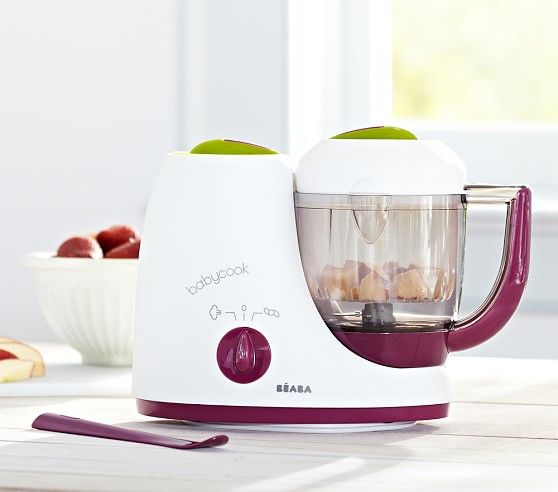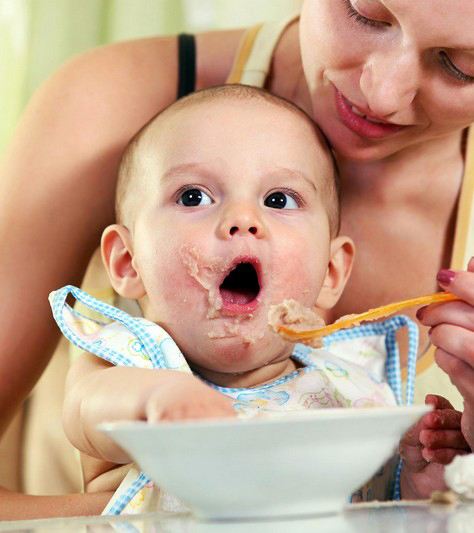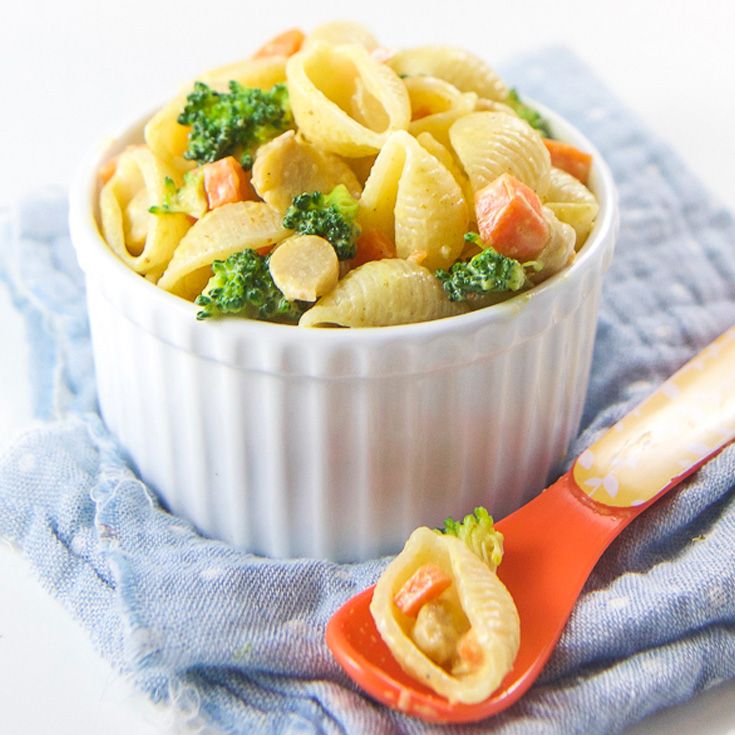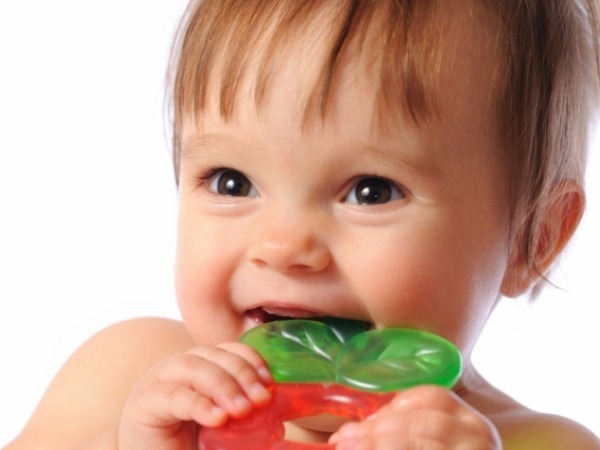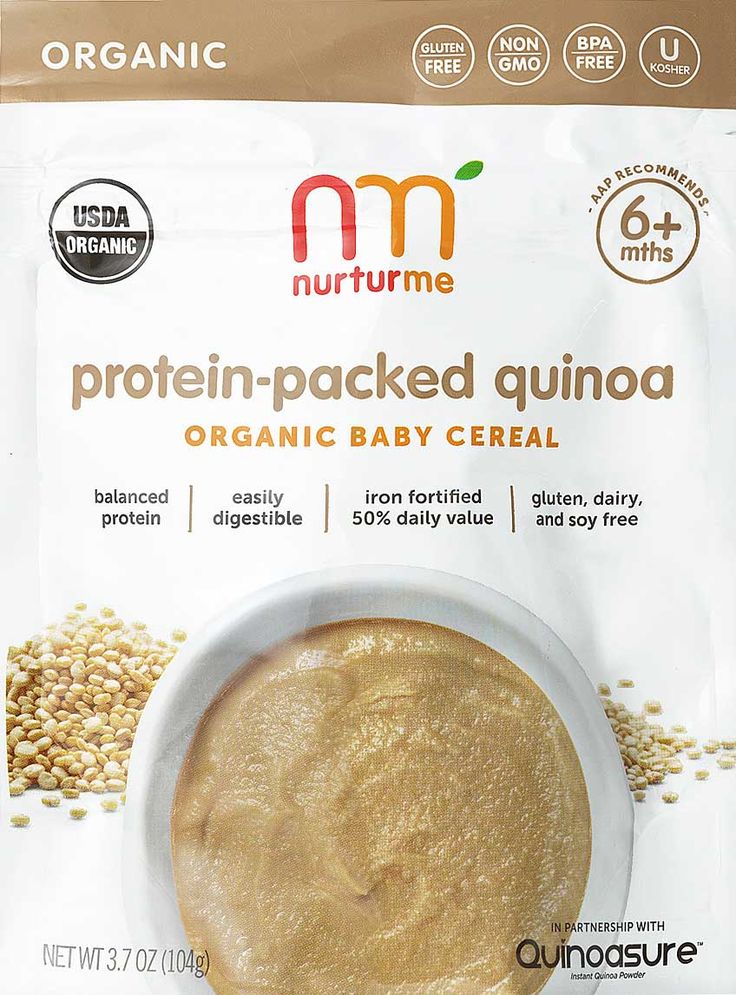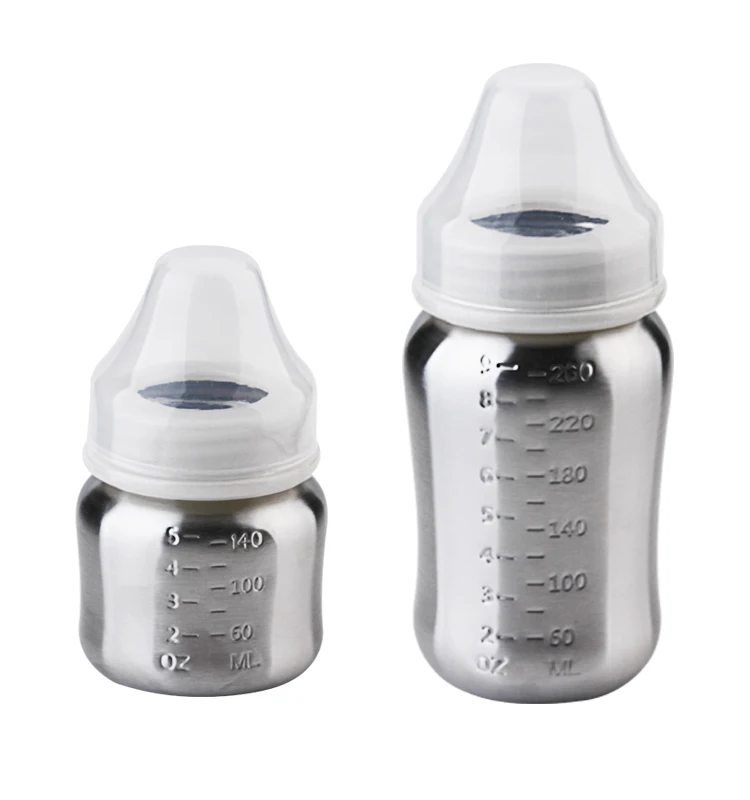My 3 month old baby poops after every feeding
How often should a newborn poop?
Yes, it's normal if your baby is pooping after every single feeding. You’ll quickly discover that when it comes to newborns, poop frequency comes in a wide range of normal.
Some babies are just more productive poopers than others. It’s perfectly okay to end every feeding with a diaper change, or to not see a single bowel movement for a few days. Your baby pooping a lot probably isn’t an issue, unless you’re changing three or more extra-watery diapers a day. In that case, it could be diarrhea, which is something to let your baby's doctor know about.
How often should a newborn poop?
It varies. Poop habits differ a lot from baby to baby. The average frequency is one or more bowel movements daily. But some newborns produce five or more dirty diapers a day in their first 2 weeks of life, while others go for days without pooping.
It’s not unusual for newborns to poop a lot, since they spend most of their waking hours eating. In general, breastfed babies poop more than formula-fed ones. In fact, your baby may poop while nursing and again once they’re done – which is why you may want to wait a few minutes after you're finished breastfeeding before swooping in with a clean diaper.
Because breastfed poops contain more liquid, they’ll look more watery than the stools of formula-fed babies. (See real photos of the different kinds of baby poop here.)
When a breastfed newborn poops after every feeding during the first few weeks, take it as a good sign – it means they’re getting plenty of milk. Even though formula-fed babies may have less frequent bowel movements than breastfed babies, it's normal for them to poop after every feeding as well.
The frequency of your baby's bowel movements may start to slow down by the time they're around 6 weeks old, but some babies continue their pattern of pooping after every feeding for much longer. (It’s not uncommon for some 1-year-olds to poop five times a day.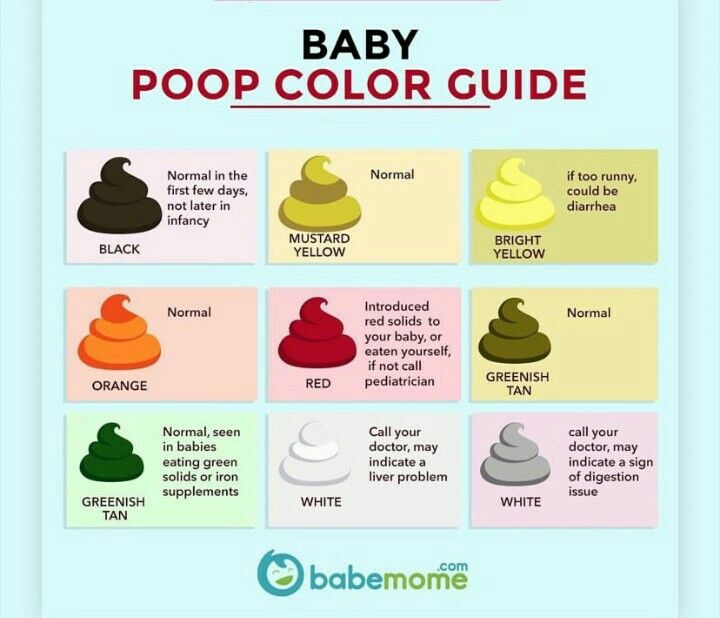 )
)
How long can a baby go without pooping?
If your baby hasn’t had a bowel movement in a few days, there’s no need to immediately fear the big “C” (aka, constipation). Babies can go days, or even a week, without producing a dirty diaper. A breastfed baby can go even longer – as long as two weeks without pooping if they haven’t started on solid foods yet.
If the bowel movements your baby does make are soft, constipation probably isn’t an issue. Exclusively breastfed babies rarely get constipated because breastmilk is an economical food. Your baby gets just what they need, with little waste leftover to poop out.
True constipation in babies typically happens from a change in diet, a lack of fluids, or an illness. The telltale sign is hard, dry stools. If your baby is constipated, they may get extra fussy and look like they’re straining uncomfortably when they try to go.
Should I ever be worried about my baby pooping a lot?
Generally, if your baby's bowel movements are fairly consistent and they’re acting like their usual self, frequent poops aren't a cause for concern.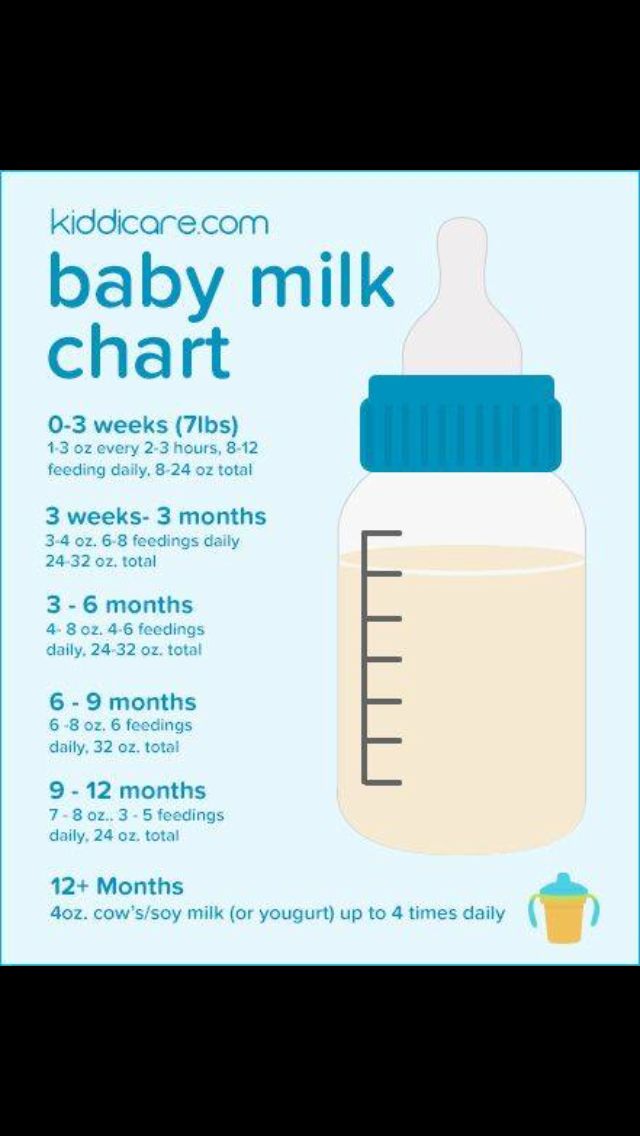 However, if there's a sudden change in your baby's pooping pattern and their stool becomes watery, check with their doctor. Very watery bowel movements could be a sign of an infection.
However, if there's a sudden change in your baby's pooping pattern and their stool becomes watery, check with their doctor. Very watery bowel movements could be a sign of an infection.
Call the doctor if your baby has any of these other poop-related symptoms:
- Pulling their legs up to their stomach (a sign that their tummy hurts)
- Straining to have a bowel movement
- Poop that looks like small, hard pebbles or is extra watery
- Irritability
- A swollen belly
- Blood in their poop
If my baby is pooping a lot, are they more prone to diaper rash?
Babies who have frequent bowel movements can be more susceptible to diaper rash. Constant contact with stool can irritate the sensitive skin on their bottom.
The best way to prevent diaper rash is to keep your baby’s bottom clean and dry. To start, change their diapers more often. Wash their skin clean with warm water during each change.
You may want to coat the area with a diaper rash cream or a product containing zinc oxide or petroleum jelly to create a barrier. And instead of putting on a new diaper right away, let your baby go diaper-less for a little while each day so their bottom can fully air dry. If these tips don’t relieve the diaper rash, give your baby's doctor a call.
And instead of putting on a new diaper right away, let your baby go diaper-less for a little while each day so their bottom can fully air dry. If these tips don’t relieve the diaper rash, give your baby's doctor a call.
Read more:
A new parent's guide to baby poop
Age-by-age guide to feeding your baby
How much formula newborns and babies need
advertisement | page continues below
Diarrhea (0-12 Months)
Is this your child's symptom?
- Sudden increase in the number and looseness of stools
- Diarrhea means 3 or more watery or very loose stools. Reason: 1 or 2 loose stools can be normal with changes in diet.
Causes of Acute Diarrhea
- Virus (such as Rotavirus). An infection of the intestines from a virus is the most common cause.
- Bacteria (such as Salmonella). Less common cause. Diarrhea often contains streaks of blood.
- Giardia (a parasite).
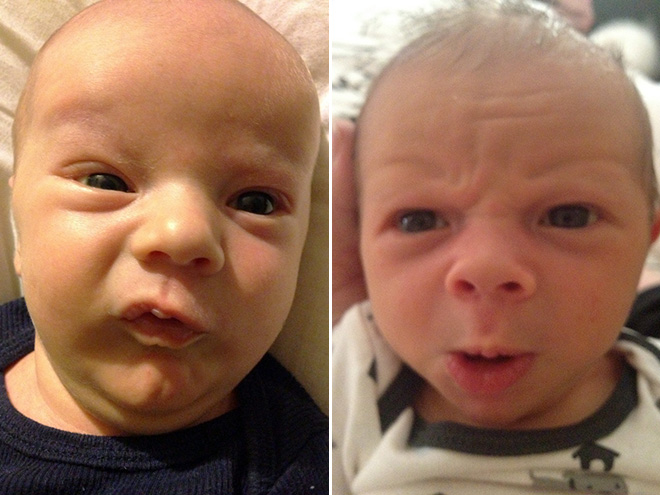 More likely in child care center outbreaks.
More likely in child care center outbreaks. - Antibiotic Diarrhea. Many antibiotics cause mild diarrhea. This is not an allergic reaction. Keep giving the antibiotic. Call your doctor if any serious symptoms occur.
- Serious Causes. Most bacterial diarrhea goes away on its own. A few can cause a severe large bowel infection (such as Shigella colitis). C. difficile is a serious cause that can occur after being on strong antibiotics.
- Serious Complication: Dehydration. This is the health problem where the body has lost too much fluid. (See below for more on this).
Causes of Recurrent Diarrhea
- Cow's Milk Allergy. Can cause loose, slimy stools in babies. Can be blood-streaked. Starts within the first 2 months of life. Need to avoid cow's milk formulas.
- Lactose Intolerance. Lactose is the sugar in milk. Many people cannot absorb lactose. The gut bacteria convert the lactose to gas.
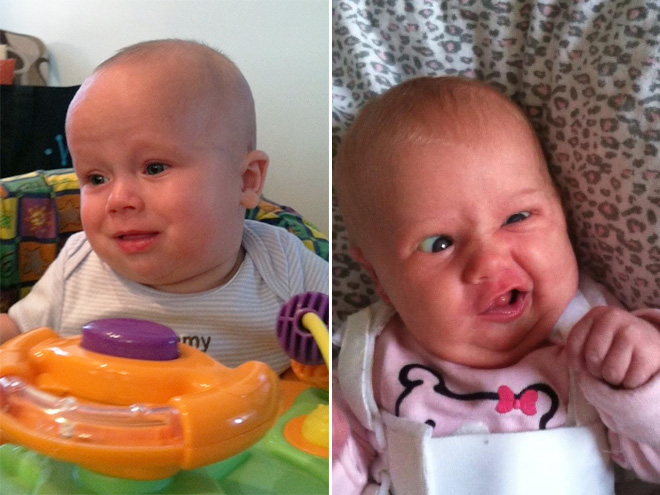 The main symptoms are a lot of gas, loose stools and stomach bloating. Onset usually at age 4 or 5. This most often runs in the family (genetic).
The main symptoms are a lot of gas, loose stools and stomach bloating. Onset usually at age 4 or 5. This most often runs in the family (genetic).
Diarrhea Scale
- Mild: 3-5 watery stools per day
- Moderate: 6-9 watery stools per day
- Severe: 10 or more watery stools per day
- The main risk of diarrhea is dehydration.
- Loose or runny stools do not cause dehydration.
- Frequent, watery stools can cause dehydration.
Dehydration: How to Know
- Dehydration means that the body has lost too much fluid. This can happen with vomiting and/or diarrhea. A weight loss of more than 3% is needed. Mild diarrhea or mild vomiting does not cause this. Neither does a small decrease in fluid intake.
- Dehydration is the most important complication of diarrhea. Dehydration is a reason to see your doctor right away.
- These are signs of dehydration:
- Decreased urine (no urine in more than 8 hours) happens early in dehydration.
 So does a dark yellow color. If the urine is light straw colored, your child is not dehydrated.
So does a dark yellow color. If the urine is light straw colored, your child is not dehydrated. - Dry tongue and inside of the mouth. Dry lips are not helpful.
- Dry eyes with decreased or absent tears
- In babies, a depressed or sunken soft spot
- Slow blood refill test: Longer than 2 seconds. First, press on the thumbnail and make it pale. Then let go. Count the seconds it takes for the nail to turn pink again. Ask your doctor to teach you how to do this test.
- Fussy, tired out or acting ill. If your child is alert, happy and playful, he or she is not dehydrated.
Diarrhea in Breastfed Babies: How to Tell
- Diarrhea in a breastfed baby is sometimes hard to tell.
- Normal breastfed stools are loose (often runny and seedy). Stools are yellow, but sometimes can be green. The green color is from bile. Runny stools can even be bordered by a water ring. These are all normal stools.
- Breastfed babies often pass more than 6 stools per day.
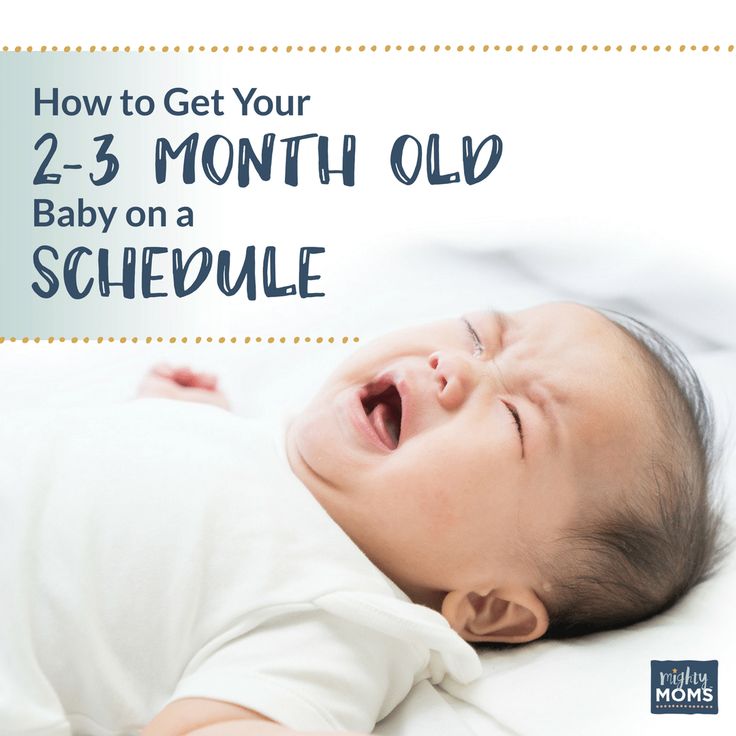 Until 2 months of age, they may pass a stool after each feeding. But, if stools suddenly increase in number and looseness, suspect diarrhea. If it lasts for 3 or more stools, the baby has diarrhea.
Until 2 months of age, they may pass a stool after each feeding. But, if stools suddenly increase in number and looseness, suspect diarrhea. If it lasts for 3 or more stools, the baby has diarrhea. - If the stools contain mucus, blood or smell bad, this points to diarrhea.
- Other clues to diarrhea are poor eating, acting sick, or a fever.
Diarrhea in Formula-Fed Infants: How to Tell
- Formula-fed babies pass 1 to 8 stools per day during the first week. Then it starts to slow down to 1 to 4 per day. This lasts until 2 months of age.
- The stools are yellow in color and thick like peanut butter.
- Suspect diarrhea if the stools suddenly increase in number or looseness. If it lasts for 3 or more stools, the baby has diarrhea.
- If the stools contain mucus, blood, or smells bad, this points to diarrhea.
- Other clues to diarrhea are poor eating, acting sick or a fever.
- After 2 months of age, most babies pass 1 or 2 stools per day.
 They can also pass 1 every other day. They no longer appear to have mild diarrhea.
They can also pass 1 every other day. They no longer appear to have mild diarrhea.
When to Call for Diarrhea (0-12 Months)
Call 911 Now
- Not moving
- You think your child has a life-threatening emergency
Call Doctor or Seek Care Now
- Dehydration suspected. No urine in over 8 hours, dark urine, very dry mouth and no tears.
- Blood in the stool
- Constant stomach pain lasts more than 2 hours
- Vomits 3 or more times
- Age less than 1 month with 3 or more diarrhea stools in past 24 hours
- Severe diarrhea. 10 or more watery stools in the last 24 hours.
- Fever over 104° F (40° C)
- Fever in baby less than 12 weeks old. Caution: Do NOT give your baby any fever medicine before being seen.
- Weak immune system. Examples are sickle cell disease, HIV, cancer, organ transplant, taking oral steroids.
- Your child looks or acts very sick
- You think your child needs to be seen, and the problem is urgent
Contact Doctor Within 24 Hours
- Moderate diarrhea.
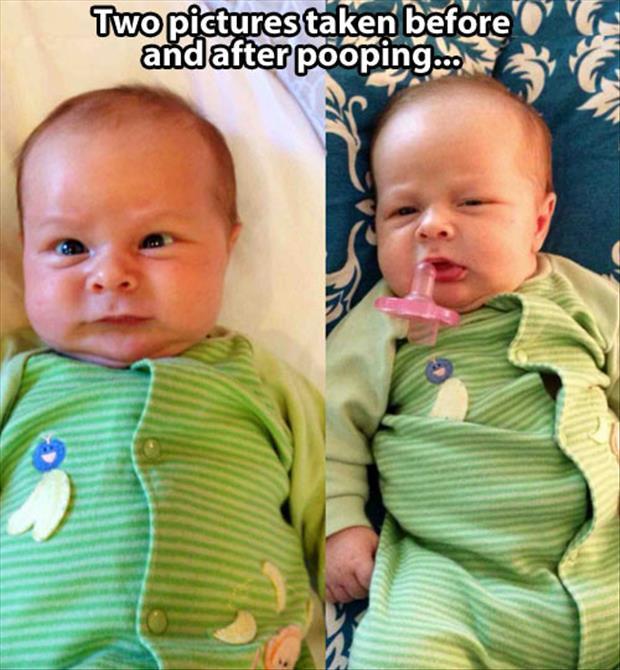 6 or more watery stools in the last 24 hours.
6 or more watery stools in the last 24 hours. - Stomach pains that do not go away after each diarrhea stool
- Fever lasts more than 3 days
- Close contact with person or animal who has bacterial diarrhea
- Contact with reptile (snake, lizard, turtle) in past 14 days
- Travel to country at risk for diarrhea within past month
- You think your child needs to be seen, but the problem is not urgent
Contact Doctor During Office Hours
- Diarrhea lasts more than 2 weeks
- Loose stools are a frequent problem
- You have other questions or concerns
Self Care at Home
- Mild diarrhea (probably caused by a virus)
Seattle Children's Urgent Care Locations
If your child’s illness or injury is life-threatening, call 911.
- Bellevue
- Everett
- Federal Way
- Seattle
Care Advice for Diarrhea
- What You Should Know About Diarrhea:
- Most diarrhea is caused by a virus.

- Bacterial infections as a cause of diarrhea are not common.
- Diarrhea is the body's way of getting rid of the germs.
- The main risk of diarrhea is dehydration. Dehydration means the body has lost too much fluid.
- Most children with diarrhea don't need to see their doctor.
- Here are some tips on how to keep ahead of the fluid losses.
- Most diarrhea is caused by a virus.
- Mild Diarrhea:
- Most kids with diarrhea can eat a normal diet.
- Drink more fluids to prevent dehydration. Formula or breastmilk are good choices for diarrhea.
- Do not use fruit juices. Reason: They can make diarrhea worse.
- Solid foods: If on solid foods, eat more starchy foods (such as cereal, crackers, rice, pasta). Reason: They are easy to digest.
- Formula-Fed Babies with Frequent, Watery Diarrhea:
- Keep giving formula but feed more often. Offer as much formula as your child will take.
- Mix formula the normal way.
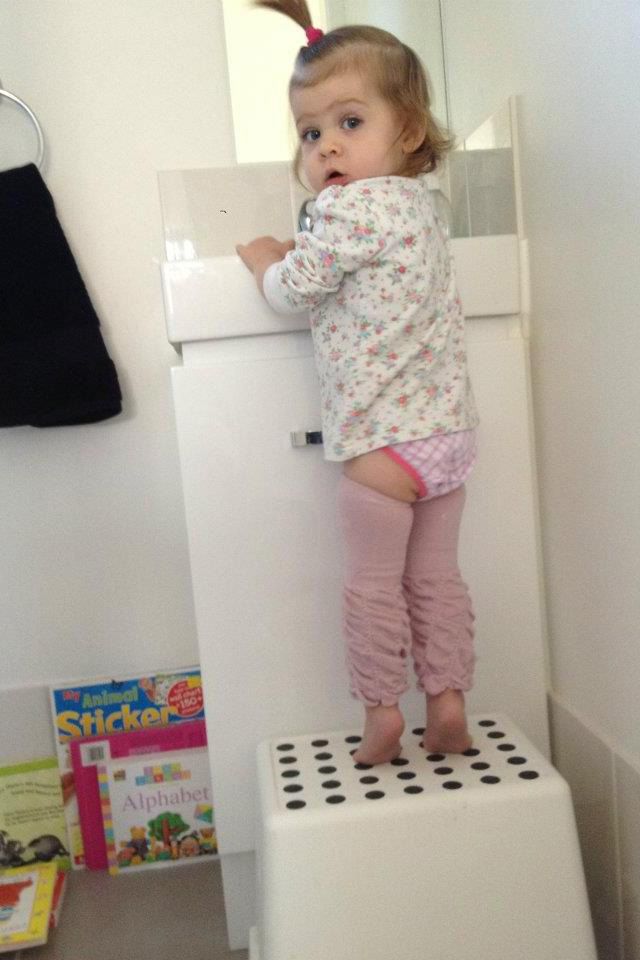 Reason: The formula contains plenty of water and doesn't need more.
Reason: The formula contains plenty of water and doesn't need more. - Solid foods: If on baby foods, continue them. Cereals are best.
- Breastfed Babies with Frequent, Watery Diarrhea:
- Give your baby breastmilk more often.
- Also, give extra fluid if breast milk isn't keeping up with the fluid losses. You can use formula or ORS (Pedialyte).
- Solid foods: If on baby foods, continue them. Cereals are best.
- Oral Rehydration Solutions (ORS), such as Pedialyte:
- ORS is a special fluid that can help your child stay hydrated. You can use Pedialyte or the store brand. It can be bought in food stores or drug stores.
- When to use: Start ORS for frequent, watery diarrhea if you think your child is getting dehydrated. That means passing less urine than normal. Increase fluids using ORS. Continue giving breastmilk, formula or regular milk.
- Amount: For babies, give 2-4 ounces (60-120 ml) of ORS after every large watery stool.
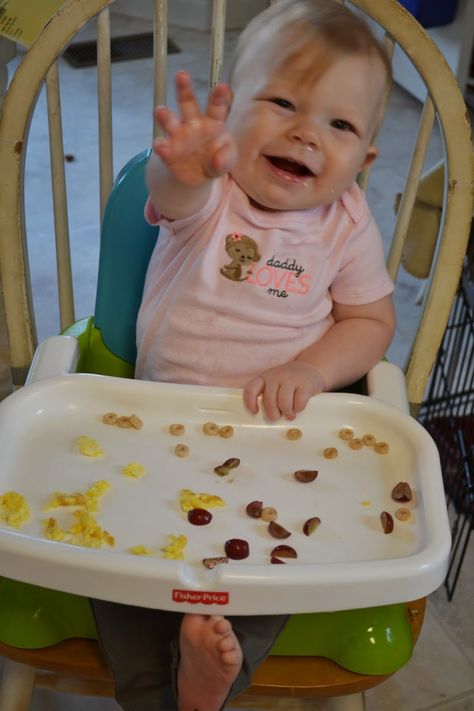
- Caution: Do not give ORS as the only fluid for more than 6 hours. Reason: Your child will need calories and cry in hunger.
- Fever Medicine:
- For fevers above 102° F (39° C), give an acetaminophen product (such as Tylenol).
- Another choice is an ibuprofen product (such as Advil). Caution: avoid ibuprofen until 6 months or older.
- Note: Fevers less than 102° F (39° C) are important for fighting infections.
- For all fevers: Keep your child well hydrated. Give lots of cold fluids.
- Diaper Rash - Prevention:
- Wash buttocks after each stool to prevent a bad diaper rash.
- To protect the skin, use an ointment (such as Vaseline or Desitin). Put it on the skin around the anus.
- Return to Child Care:
- Your child can go back to child care after stools are back to normal.
- The fever should also be gone.
- What to Expect:
- Viral diarrhea lasts 5-14 days.
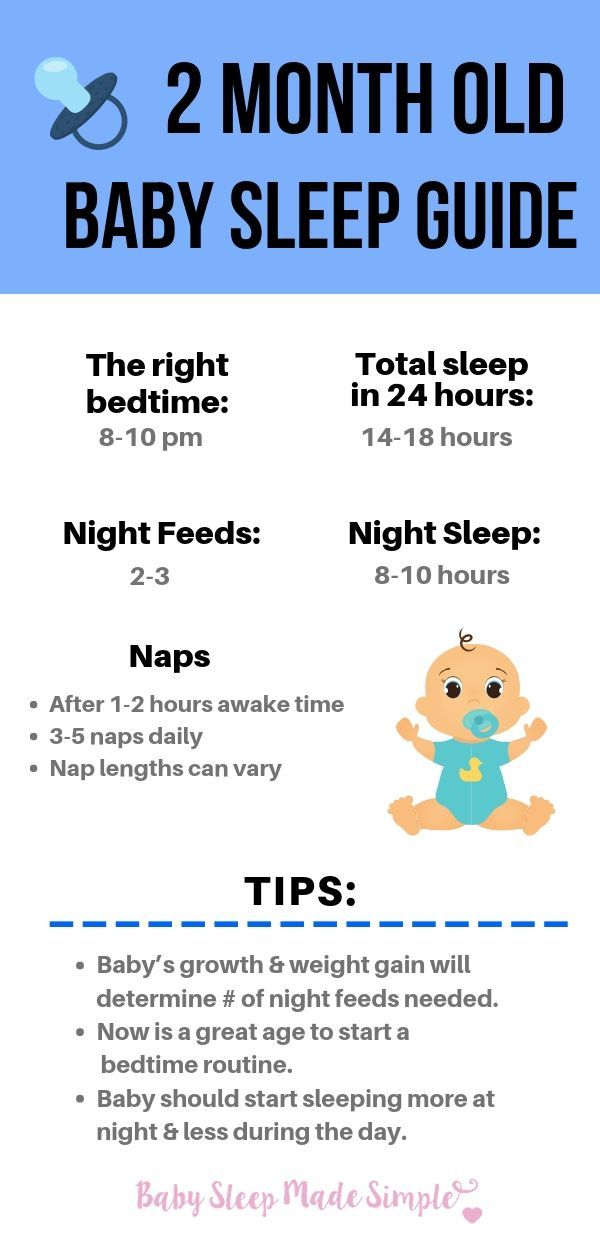
- Severe diarrhea only occurs on the first 1 or 2 days. But, loose stools can last for 1 to 2 weeks.
- Viral diarrhea lasts 5-14 days.
- Call Your Doctor If:
- Blood in the diarrhea
- Dehydration suspected (no urine in over 8 hours, dark urine, very dry mouth, and no tears)
- Diarrhea lasts over 2 weeks
- You think your child needs to be seen
- Your child becomes worse
And remember, contact your doctor if your child develops any of the 'Call Your Doctor' symptoms.
Disclaimer: this health information is for educational purposes only. You, the reader, assume full responsibility for how you choose to use it.
Last Reviewed: 10/12/2022
Last Revised: 01/13/2022
Copyright 2000-2022 Schmitt Pediatric Guidelines LLC.
What to do if the child poops after every meal?
A child's stool is one of the most important indicators of the functioning of his digestive system. It perfectly reflects what the baby ate, how much food he ate and how his body reacted to it. That is why young parents need to constantly check the contents of a newborn's diaper or the discharge of an older child.
That is why young parents need to constantly check the contents of a newborn's diaper or the discharge of an older child.
However, with such control, many mothers ask - why does the child poop after almost every meal, and is this normal? It’s worth starting with the fact that each baby is individual. How many times he defecates can depend on many factors.
There is no strict standard for this indicator. Of course, constipation or diarrhea are manifestations of indigestion, but there is no need to immediately panic. It is worth understanding the reasons for this phenomenon and consulting with a specialist.
Contents
- How many times should a baby poop?
- Age norms for defecation of children
- Additional criteria for normal stool
How many times should a baby poop?
The first thing young parents should remember is that their child owes nothing to anyone.
The number of visits to the child's toilet depends on many factors
Moments that directly affect the number of bowel movements in a child are:
- Age.
 The older the child, the less often it defecates;
The older the child, the less often it defecates; - The degree of development of the digestive system. This is especially noticeable in newborn boys and girls;
- Power type. Formula-fed babies poop a little less than breast-fed babies;
- Presence of concomitant pathology. A variety of disorders of the gastrointestinal tract can bring an imbalance in the normal mode of defecation from an early age of the baby.
In connection with these nuances, it is necessary to understand that if a child poops after each meal or 1 time in 2 days, then this may be normal in both cases.
The main criteria by which it is worth evaluating the physiology and "normality" of this process are:
- General well-being of the baby. It is necessary to pay attention to the facial expression of the crumbs at the time of defecation, to the sounds that she makes. When instead of the usual groaning there is a loud cry, then something definitely disturbs her;
- Regularity.
 8-10 times after each feeding indicates good intestinal motility. However, 1 bowel movement, but every 2 days, is also an indicator of the stability of the functioning of the gastrointestinal tract. The main thing is the well-being of the child;
8-10 times after each feeding indicates good intestinal motility. However, 1 bowel movement, but every 2 days, is also an indicator of the stability of the functioning of the gastrointestinal tract. The main thing is the well-being of the child; - Presence of pathological impurities. The usual feces are mushy, yellowish in color. If particles of pus, mucus, blood or undigested fragments are found in it, look for it, then you should consult a pediatrician.
Age norms for defecation of children
The older the child, the fewer trips to the toilet should be.
It must be understood that over time, the digestive tract matures more and more and begins to function like in adults. This is manifested by a decrease in the frequency of bowel movements.
To avoid confusion about how many times a baby should poop, there are conditional normative indicators of this process, depending on age.
They look like this:
- 1-3 months - 10-12 times a day.
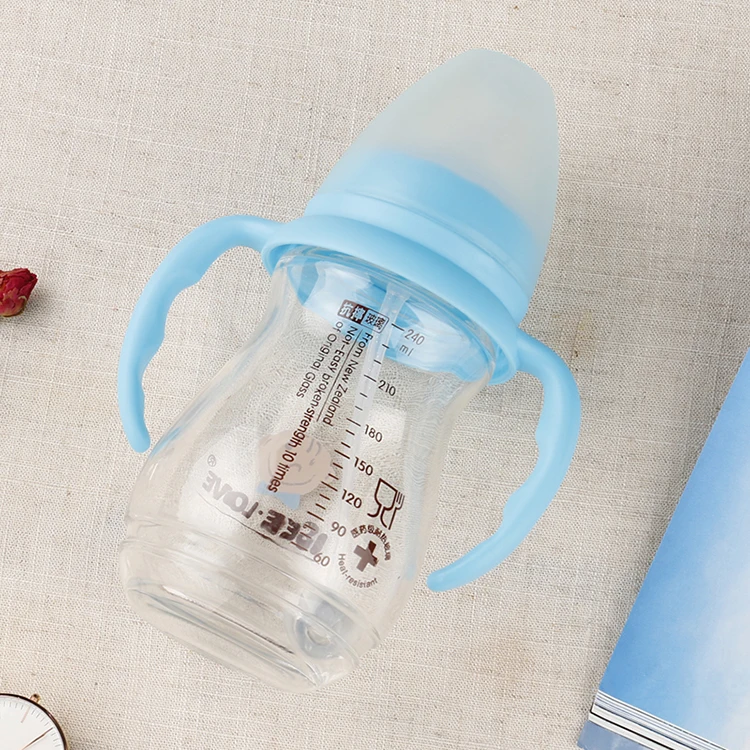 The child can defecate after each meal;
The child can defecate after each meal; - 3-6 months - 4-7 times a day;
- 6-12 months - 2-3 times;
- In children after 12 months, defecation occurs on average 1-2 times a day. If a child poops after every meal for a year, then you should carefully monitor his diet. Such an increase in the number of bowel movements may indicate the presence of a disease, so it is better to consult a doctor.
Additional criteria for normal stools
In addition to the number of trips to the toilet, parents need to monitor the nature of the feces. This is especially important during the neonatal period. In the first 3 days, when the baby is still in the hospital, doctors constantly ask mothers if he pooped, and how.
stools in children can be both frequent and not very
Important criteria to pay attention to are:
- Number of stools. The first days one bowel movement is approximately 5 g. At 6 months 40-50 g, and closer to a year - 100-150 g;
- Colour.
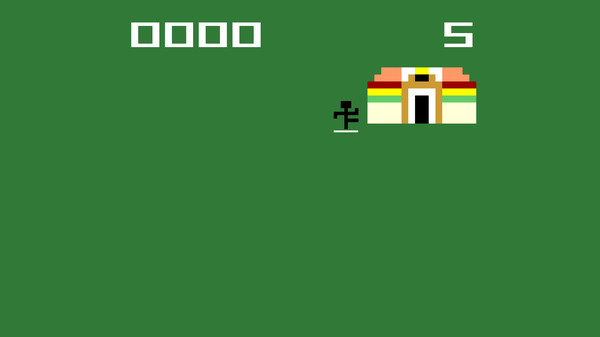 The original feces (meconium) are green in color. During breastfeeding, yellow remains the most characteristic color. There may be different variations of it, which is due to the individual characteristics of the organism. After the introduction of complementary foods, it begins to darken and closer to the year it can become completely brown;
The original feces (meconium) are green in color. During breastfeeding, yellow remains the most characteristic color. There may be different variations of it, which is due to the individual characteristics of the organism. After the introduction of complementary foods, it begins to darken and closer to the year it can become completely brown; - Smell. In infants who are breastfed, the stool has a slightly acidic odor. Then, as with artificial nutrition, it is more rotten;
- Additional components in the stool. If the mother saw undigested food particles (vegetables, fruits: bananas, apples), white lumps (clots of fat), green streaks of mucus in the feces of a newborn, then you should not immediately panic. In most cases, this is due to the continuing adaptation of the infant's body to the environment. However, impurities such as pus or blood should alert parents. In any case, it is better to contact the local pediatrician for advice.
Watching your baby's bowel movements is a very serious responsibility in the early stages of his life.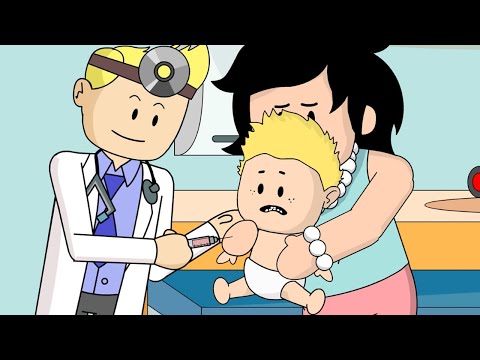 Therefore, it is very important to understand what is worth paying attention to. If the child poops after every meal, he may be ill and needs the help of a doctor. The health of children is the most precious thing for their parents.
Therefore, it is very important to understand what is worth paying attention to. If the child poops after every meal, he may be ill and needs the help of a doctor. The health of children is the most precious thing for their parents.
What is constipation in a newborn
The contents of a baby diaper is one of the key topics that young mothers discuss. They pay attention to the frequency of the stool, its consistency, color and smell. One of the most common problems they complain about to doctors or to each other is constipation in babies. We figure out what the baby’s chair depends on and how many days he may not go to the toilet for the most part.
Normal neonatal stool
During fetal development, nutrients are supplied to the baby through the umbilical cord. Through it, the metabolic products of the fetus are also excreted. The digestive system of a newborn begins to work only after childbirth, so it is logical that the baby does not poop in utero. But this does not mean that nothing gets into it.
But this does not mean that nothing gets into it.
During this period, the child actively swallows amniotic fluid (amniotic fluid). Its excretion from the body begins after the birth of the child and the start of breastfeeding. For the first time, a newborn goes to the toilet on the second day after birth. This stool is not like a baby's usual feces. Over time, he will return to normal.
How does the baby's stool change in the first months of life?
| Age | Child's chair |
| 1–3 days after birth | The chair is dense, pasty. Usually dark, sometimes greenish in color. The passage of meconium can cause discomfort to the baby. |
| 3–5 days after birth | The chair gradually brightens, becomes mushy. Usually does not cause any inconvenience to the child. But some problems may arise due to the fact that the digestive tract of the baby "learns" to work and is colonized by bacteria. |
| 2 weeks after birth | The work of the gastrointestinal tract is normalized. If the mother feeds the baby with breast milk, the stool is creamy, yellow. On artificial feeding it can be thicker. Not always homogeneous, there may be inclusions. Due to the immaturity of the enzymatic system, it is greenish in color. |
| 1 month after birth | A month old baby can poop from one to several times a day. The chair is normalized and is both pasty and quite hard. Some children may also have stool retention. But if the separation of feces does not cause discomfort and anxiety in the baby, they should not bother the mother either. |
| 2 months after birth | The work of the intestine continues to improve. Two-month-old baby no longer goes to the toilet after every feed. The number of bowel movements is reduced to 1-2 per day. The stool is still not hard, more like slurry. |
Constipation is not considered that the baby cannot go to the toilet for a certain time. The main criteria at this age are not stool retention, but unpleasant sensations during defecation (the child cries before pooping), a large amount of stool and its hard consistency.
Because of what the child does not walk on large
Constipation is a reduction in the number of bowel movements relative to their normal number for this age. In addition, such a disorder of the stool is accompanied by the discharge of a large amount of dense stool. Thus, constipation is not just a decrease in the number of bowel movements, but also a change in the stool itself.
Other signs of constipation in a baby include the following:
- change in stool odor;
- a large amount of gases;
- anxiety of the baby during washing;
- restless sleep in a baby with frequent awakenings;
- intense crying that cannot be stopped.

Even if the baby goes to the toilet every day, but at the same time his feces become plentiful and dry, this indicates constipation in the child. At the same time, the absence of a bowel movement for several days, which does not cause any inconvenience to the baby, and normal mushy stools, even after a break, are not considered grounds for making such a diagnosis.
Causes of impaired defecation can be both normal and pathological. The most common causes of constipation in babies are:
- congenital malformations of the gastrointestinal tract;
- disruption of the digestive glands;
- violation of the normal colonization of the gastrointestinal tract by flora;
- the predominance of the mixture over breast milk;
- insufficient fluid intake;
- unsuitable mixture for the baby;
- allergic reactions;
- Iron-deficiency anemia.
Most often, the problem lies in improperly selected nutrition or dysbacteriosis in babies. The fact is that the child's intestines are sterile, and until the flora returns to normal, constipation can develop even in a one-month-old baby. Usually this condition does not require medical intervention, but the baby needs some help anyway.
The fact is that the child's intestines are sterile, and until the flora returns to normal, constipation can develop even in a one-month-old baby. Usually this condition does not require medical intervention, but the baby needs some help anyway.
Constipation is not just a delay in stool, but also a change in its consistency. It can be difficult for a young mother to understand when the lack of bowel movements is normal, and when the child needs help. Our doctors at a remote consultation will help you understand when a child needs help, advise on how to organize a baby’s diet and choose the right formula for him.
When constipation requires medical attention
Most often, problems with defecation in infants occur due to improper feeding or due to the immaturity of the gastrointestinal tract. However, in some cases, the absence of a chair requires medical intervention. It is especially dangerous if the newborn cannot go to the toilet and his meconium has not passed 2 days after birth.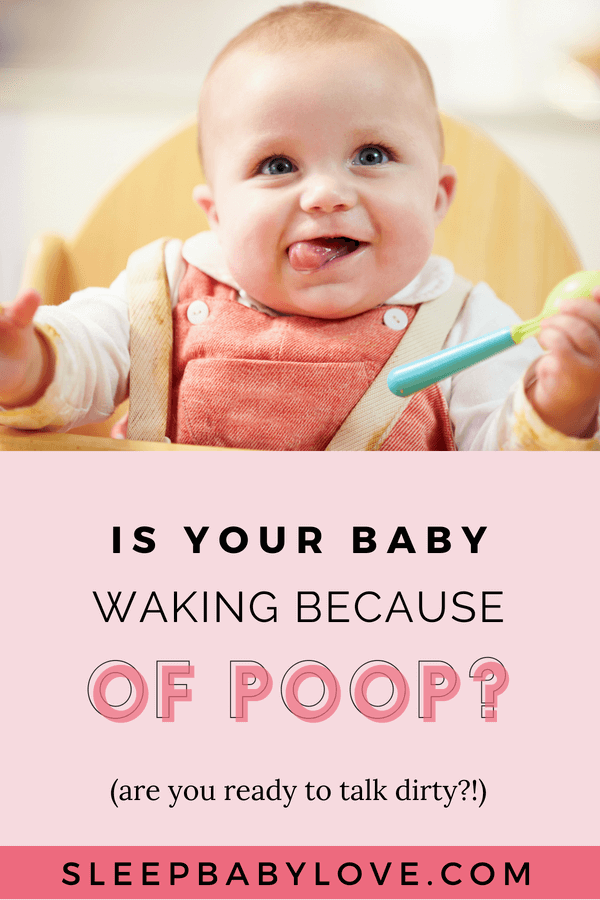
This may indicate congenital problems with the gastrointestinal tract, which require additional diagnosis and examination by a neonatologist. In addition, other symptoms may indicate them. The main ones are:
- blood streaks or black blotches appear in the feces;
- close relatives have diagnosed diseases of the gastrointestinal tract;
- the child burps frequently and profusely;
- he has vomiting with bile impurities;
- the child gains little or no weight;
- his stomach is very distended;
- the child's stool is like a ribbon;
- he refuses breast or bottle;
- the child cries a lot, and the parents cannot calm him down;
- his temperature rises;
- there are traces of calomania on the diaper, but the feces themselves do not go away.
If such symptoms are observed in the maternity hospital, it is necessary to report them to the neonatologist on duty. If they are found after discharge from the hospital, you need to call a pediatrician or report these symptoms during a patronage bypass. In cases where the child begins to vomit profusely and the temperature rises sharply, you need to call an ambulance.
If they are found after discharge from the hospital, you need to call a pediatrician or report these symptoms during a patronage bypass. In cases where the child begins to vomit profusely and the temperature rises sharply, you need to call an ambulance.
Important! The minimum weight gain for children in the first three months of life is 150 grams per week or 600 grams per month. In the first month, the increase is calculated from the minimum weight, and not from birth weight.
How to treat stool problems in an infant
To help the baby cope with constipation, you need to understand what caused its development. The diagnosis is made on the basis of a survey of the mother and a physical examination - the doctor palpates the abdomen, examines the anus and performs a rectal examination. To determine the cause, an examination is also carried out - general tests of urine, blood and feces, ultrasound and others if necessary.
If pathologies are detected, a small patient is sent for treatment to a gastroenterologist, who will prescribe the appropriate treatment for the child.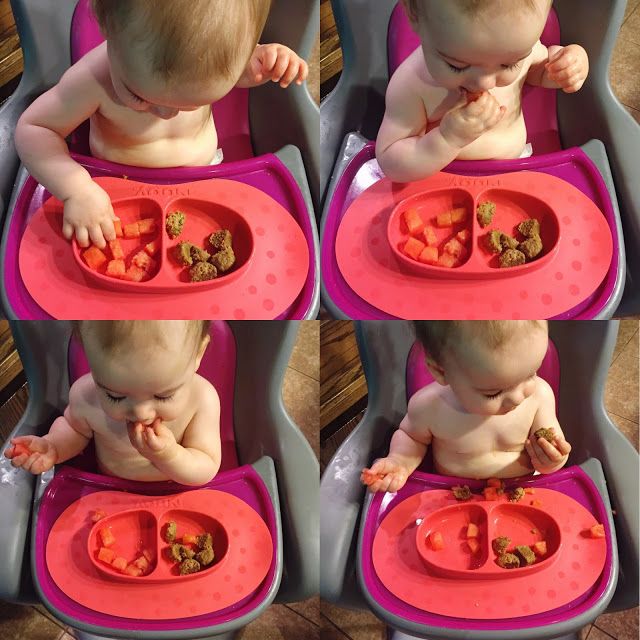 In other cases, it is recommended to change the lifestyle of both the nursing mother and the baby:
In other cases, it is recommended to change the lifestyle of both the nursing mother and the baby:
- A nursing mother is recommended a light diet without fried and fatty foods, with plenty of fresh vegetables and fruits. It is also worth reducing the amount of sugar in the diet, as it can cause fermentation in the digestive tract.
- Try to keep breastfeeding or mixed feeding as long as possible. Breast milk helps the digestive tract to ripen and form the correct flora.
- When transferring to artificial feeding, make sure that the mixture does not contain palm oil. It impairs the digestive processes and can cause constipation.
- If these measures do not help, the child may be prescribed pro- and prebiotics, which help to normalize the intestinal flora, after which the digestive processes also normalize.
- As prescribed by the doctor, the baby may be prescribed laxatives, glycerin suppositories, microenemas and gas tubes. However, you should not get carried away with these drugs, since their constant use can lead to hypotension.
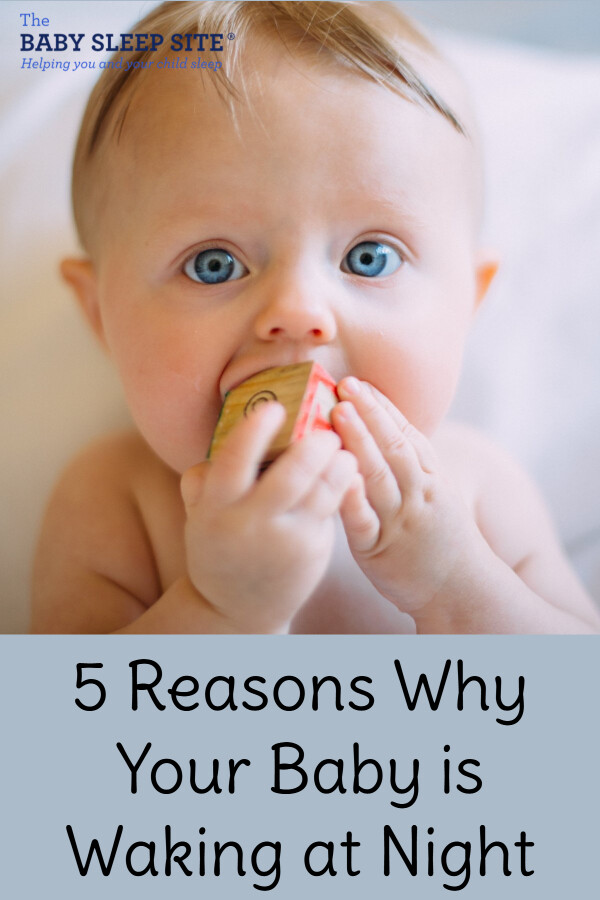
Massage of the abdomen can also help the newborn - stroke the baby's tummy in a circular motion in a clockwise direction and gently press the legs to the stomach. This will improve peristalsis and help the stool pass. A warm bath can also help the baby - it will relax the muscles and make it easier to pass the stool.
If we are not talking about pathologies of the gastrointestinal tract, normalizing the nutrition of mother and child helps to fight constipation. Our doctors will help you choose the best diet, tell you when your child needs supplementary feeding, and determine when he needs medication.
FAQ
How do you know if a baby is constipated?
+
Normally, a child’s stool may be absent for several days, if the baby himself is calm at the same time, and the feces after that are soft and pass without problems.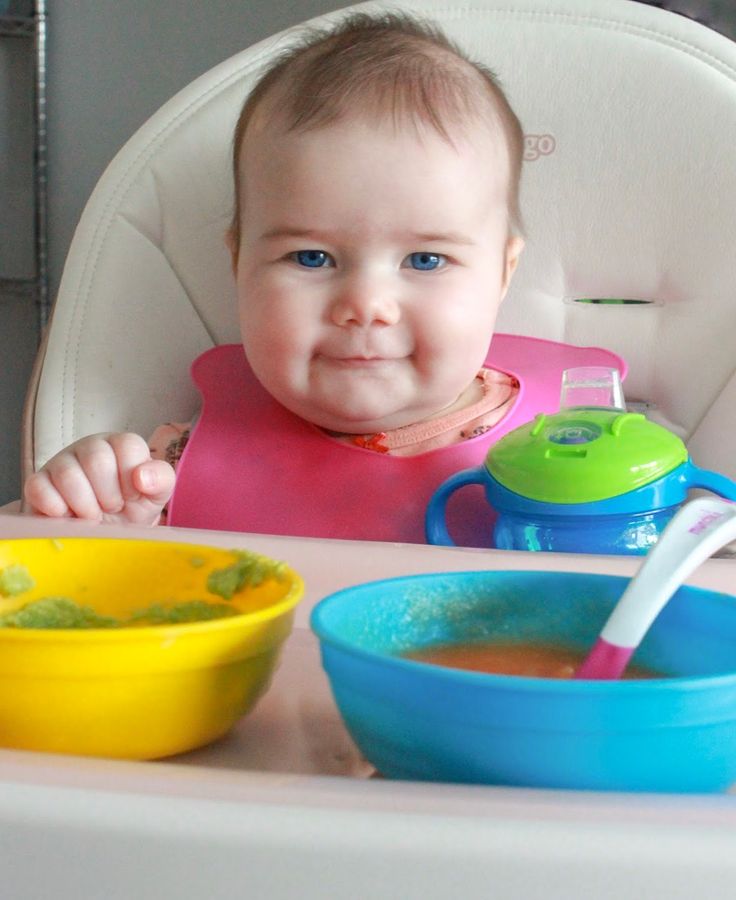 A sign of constipation is the presence of a hard plentiful stool and difficulty with the bowel movement itself.
A sign of constipation is the presence of a hard plentiful stool and difficulty with the bowel movement itself.
Why is there a delay in stool in infants?
+
Stool retention can develop due to the immaturity of the gastrointestinal tract of the child, pathologies in the development of the intestines or digestive glands, dysbacteriosis, dehydration, an improperly selected mixture, or flaws in the diet of a nursing mother.
Can a newborn baby be given a laxative for constipation?
+
Do not give a newborn baby any medication without first consulting a doctor. Your doctor will assess the severity of your constipation and suggest ways to treat it with or without a laxative.
What to do if the baby has constipation? Should I force my baby to poop?
+
If the child is not bothered by anything, and the feces after the pass pass without problems, then there is no need to interfere in these processes. If the baby is clearly having difficulty with bowel movements, consult a doctor to find methods that facilitate this process.
If the baby is clearly having difficulty with bowel movements, consult a doctor to find methods that facilitate this process.
Can planting help with constipation?
+
Theoretically, an upright posture can help a child cope with constipation. However, these methods are rather auxiliary and will not lead to a stable result. It is more effective to adjust the diet and make sure that the child does not have dehydration.
Expert opinion
The absence of a chair in a child does not always mean that the baby has developed constipation. It is indicated by hard plentiful stools, restlessness and a swollen belly of the baby. The cause of a violation of the stool can be both pathological processes in the gastrointestinal tract, and flaws in the diet of the mother or baby. To determine when constipation requires treatment, the doctors of our service will help. They are available at any time of the day without queues and long waiting times.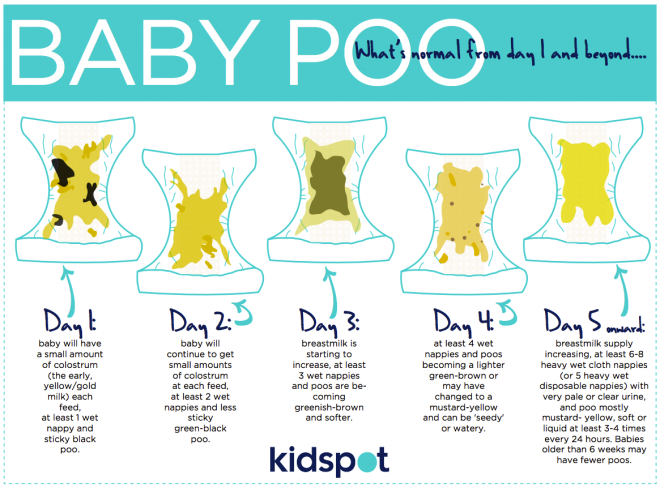


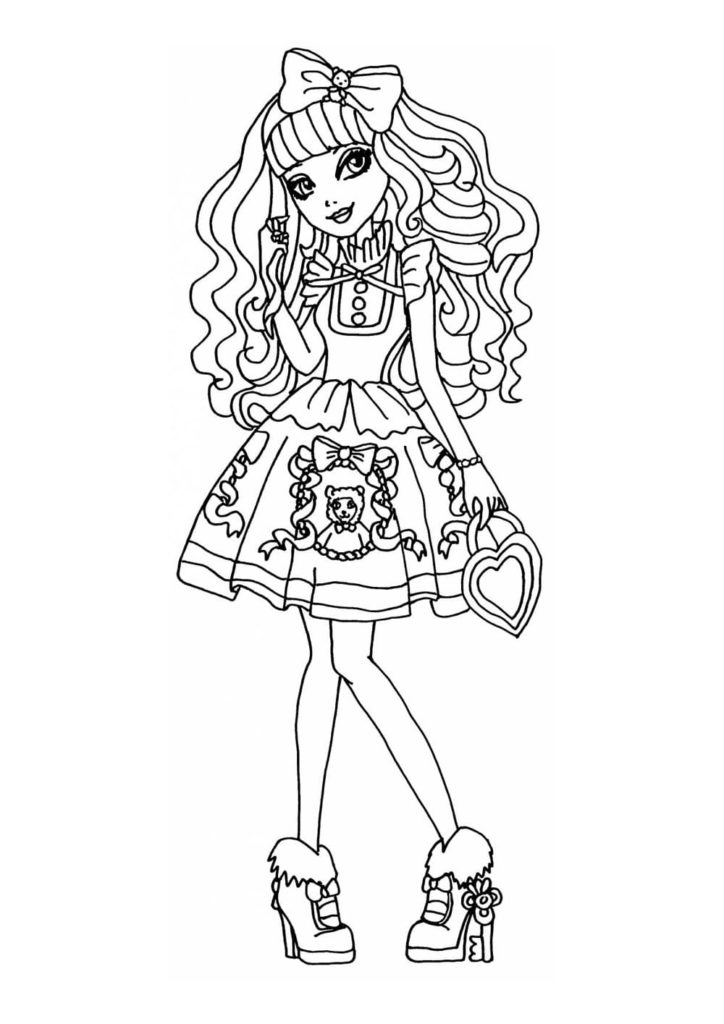 It can be homogeneous and interspersed.
It can be homogeneous and interspersed. 